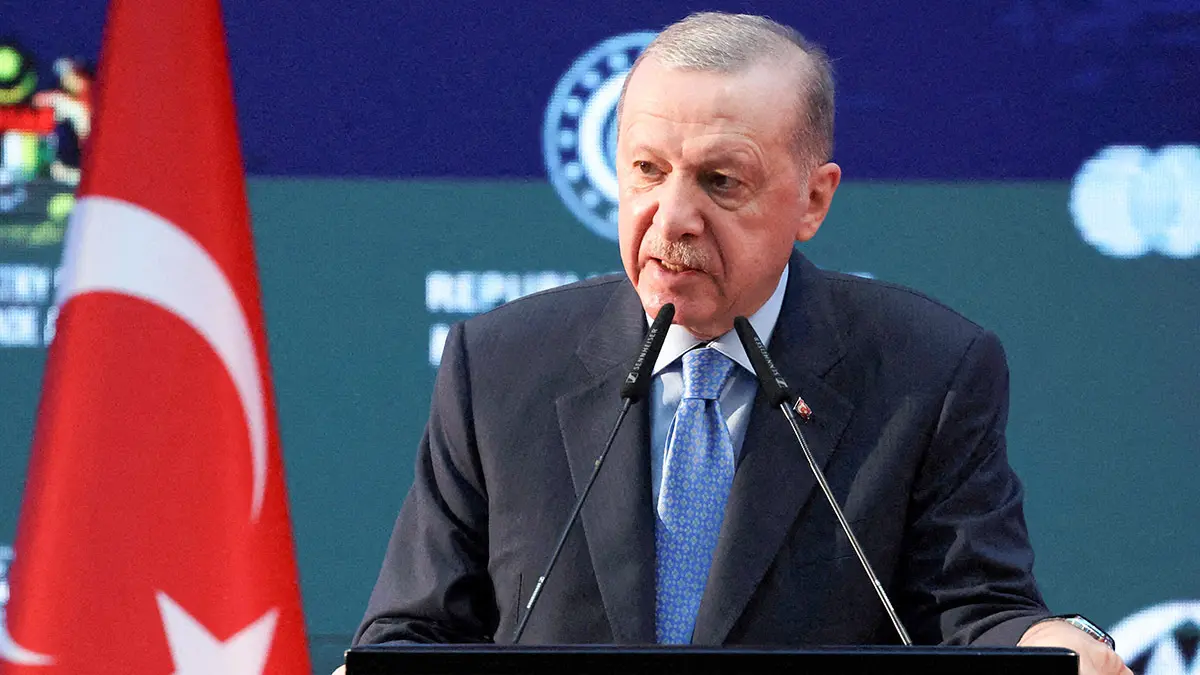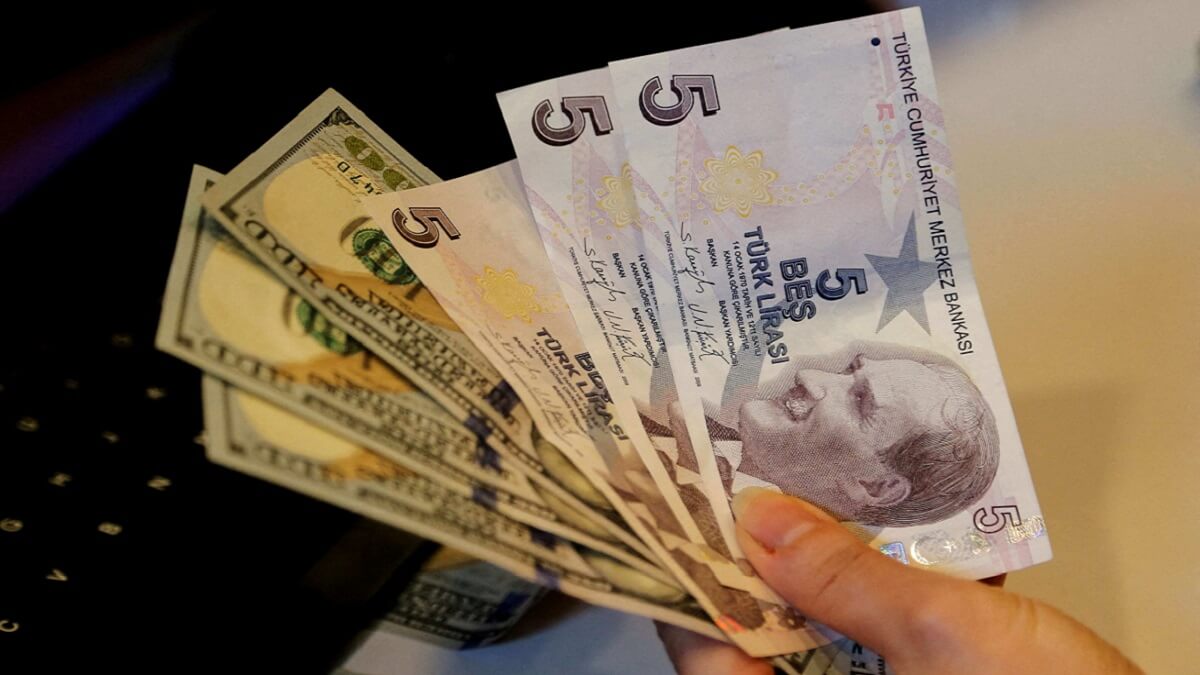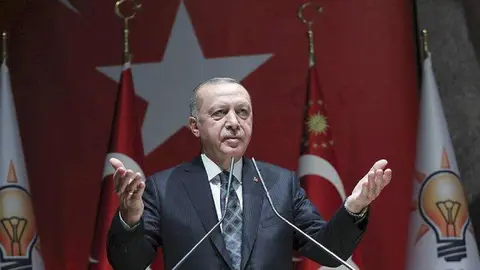Economic problems persist in Turkey despite reforms

Turkey's economy continues to face serious obstacles on its road to recovery, despite repeated efforts by the government to promote the viability of economic reforms. Turkish authorities continue to insist that the country remains committed to a medium-term economic plan, but analysts are increasingly sceptical about the sustainability of this approach.
Finance Minister Mehmet Simsek recently warned that economic growth ‘risks slowing down’ and said the government will try to counter this by boosting employment and investment. Speaking to Haber Turk TV, he added that investments in technology and manufacturing will be prioritised and that both the central bank and Exim Bank (focused on exports) will strengthen their support for exporters.
However, the economic environment remains volatile. Turkey has experienced a prolonged cost-of-living crisis, with recurring currency collapses and high inflation, which reached 39% in February before easing slightly to 38% in March.
To contain inflationary pressure and send a signal of calm to the markets, the central bank unexpectedly raised its key interest rate to 46% from 42.5% in mid-April. This decision was taken by the Monetary Policy Committee led by Governor Fatih Karahan and also included an increase in the overnight lending rate to 49%.
The move surprised financial markets: only three of the 23 analysts surveyed by Bloomberg — including HSBC Asset Management and Goldman Sachs — expected such a sharp hike. The monetary shift came after an emergency meeting of the central bank, which responded to the collapse of the lira following the imprisonment of Istanbul Mayor Ekrem Imamoglu, President Recep Tayyip Erdogan's main political opponent. Domestic political tension, coupled with growing trade friction with the United States, has increased uncertainty about the country's economic direction.
In an attempt to stabilise the currency, the Central Bank has intervened aggressively in the foreign exchange market, selling foreign reserves to prop up the value of the lira. According to estimates by Bloomberg Economics, these interventions have cost around $50 billion, managing to keep the exchange rate at around 38 lira per dollar after its initial collapse. However, this relative exchange rate stability has come at the cost of a worrying reduction in reserves, increasing the country's external vulnerability.

The current context is reminiscent of the severe financial crisis of 2001, when a significant fall in the lira precipitated a deep recession and paved the way for the rise to power of Erdogan's Justice and Development Party (AKP) in 2002.
Now, with a weak currency, persistent inflation and depleted reserves, Turkey faces an economic storm that is exacerbated by structural factors, such as its heavy energy dependence. Since the start of the war in Ukraine three years ago, energy prices have skyrocketed, raising import costs for a country that depends almost entirely on foreign supplies. This has had a negative impact on trade and investment, fuelling growing protests against the government.
Despite these challenges, the United Nations' “World Economic Situation and Prospects 2025” report projects that the Turkish economy will grow by 3.1% this year, exceeding the global average of 2.8%. However, the recent political turmoil is not yet reflected in macroeconomic indicators and could alter the optimistic forecasts.










